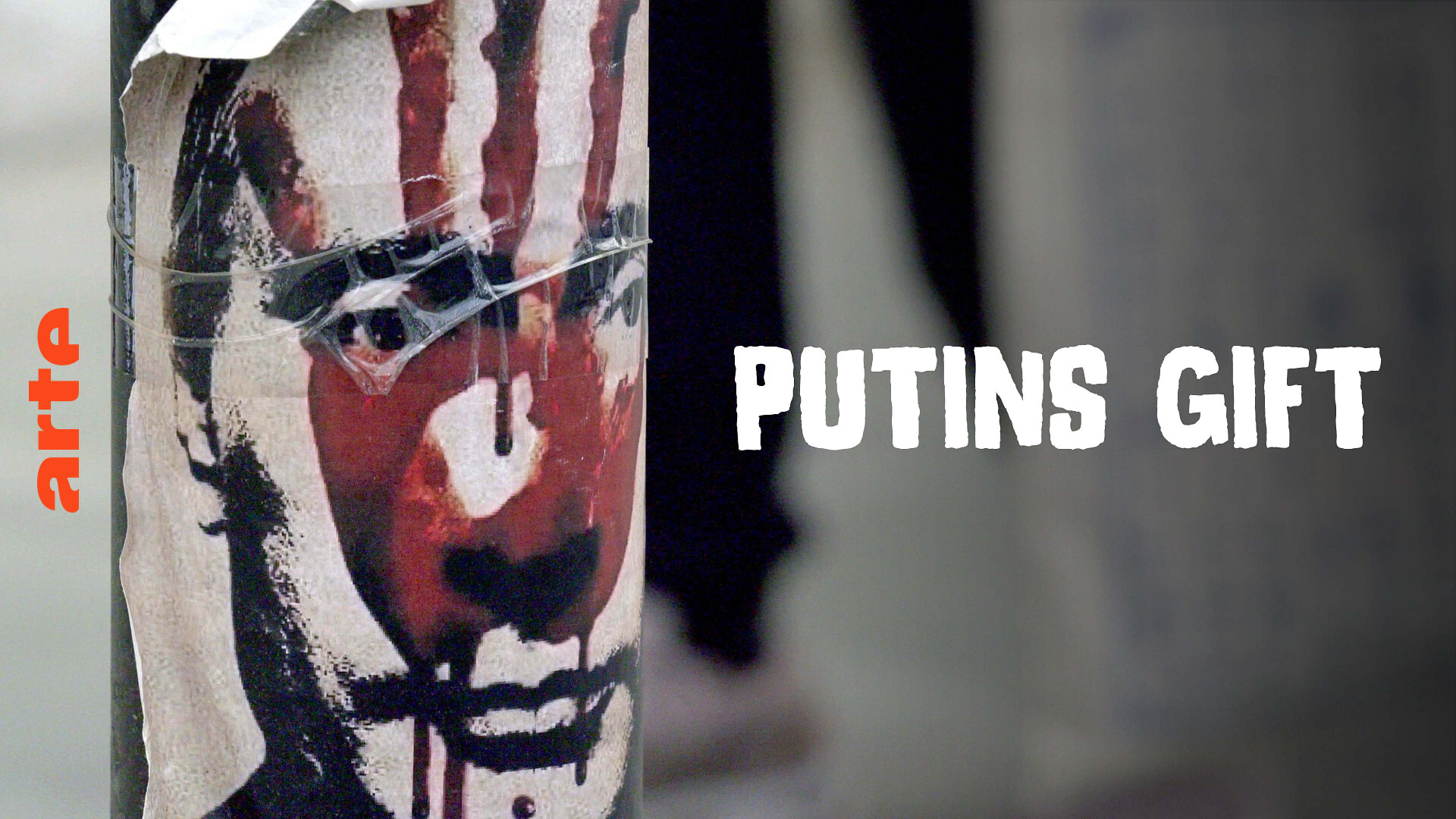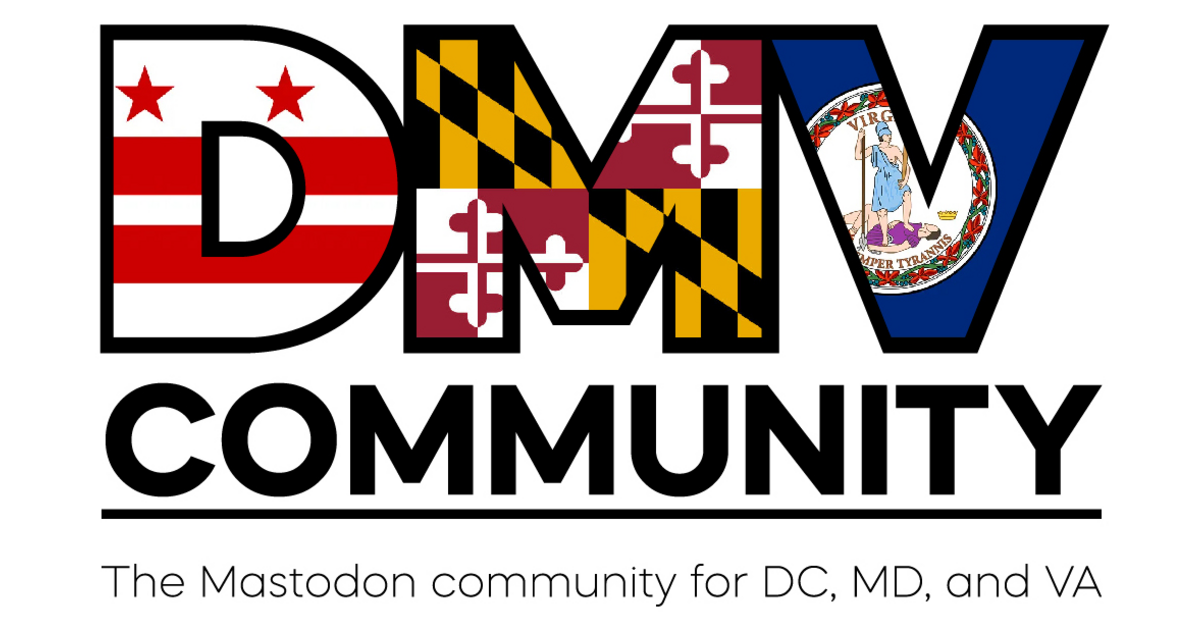Applebaum turns her gaze to Gerhard #Schröder, German chancellor between 1998 and 2005.
Since then, he has worked for Nord Stream, Rosneft and Gazprom
– all Russian.
Now 80, he has chaired the shareholder committee of Nord Stream,
reportedly earning around $270,000 a year.
He also led the supervisory board of Nord Stream 2, now shuttered.
He is unapologetic.
In February 2022, after Russia invaded Ukraine, he told the New York Times:
“I don’t do mea culpa, it’s not my thing.”
Applebaum also discusses so-called “hybrid states”,
which she characterizes as countries that are a
“legitimate part of the international financial system” and possess many of the trappings of democracy
but that are “also willing to #launder or accept criminal or #stolen #wealth or to assist people and companies that have been sanctioned”.
She points to the #United #Arab #Emirates and #Turkey.
“Russian property purchases in the Emirates rose 100% after the invasion of Ukraine,” she writes.
Not surprisingly, Applebaum lauds patriotism but fears nationalism and isolationism.
By such metrics, #Brexit was a bust.
“Did the removal of Britain from the European Union give the British more power to shape the world?” Applebaum asks.
The answer is self-evident.
“Did it prevent foreign money from shaping UK politics?”
Want a hint? Evgeny Lebedev, son of Alexander Lebedev, a Russian oligarch and ex-KGB agent, is now #Lord #Lebedev of Hampton and Siberia, neatly ensconced in parliament.
“Did it stop refugees from moving from the war zones of the Middle East to Britain?
It did not.”
Nigel #Farage’s dream has left the UK worse for wear. Farage’s admiration for Putin is a feature, not a bug.
“I said I disliked him as a person,” Farage recently said of the Russian president,
while campaigning for election as an MP.
“But I admired him as a political operator because he’s managed to take control of running Russia.”


